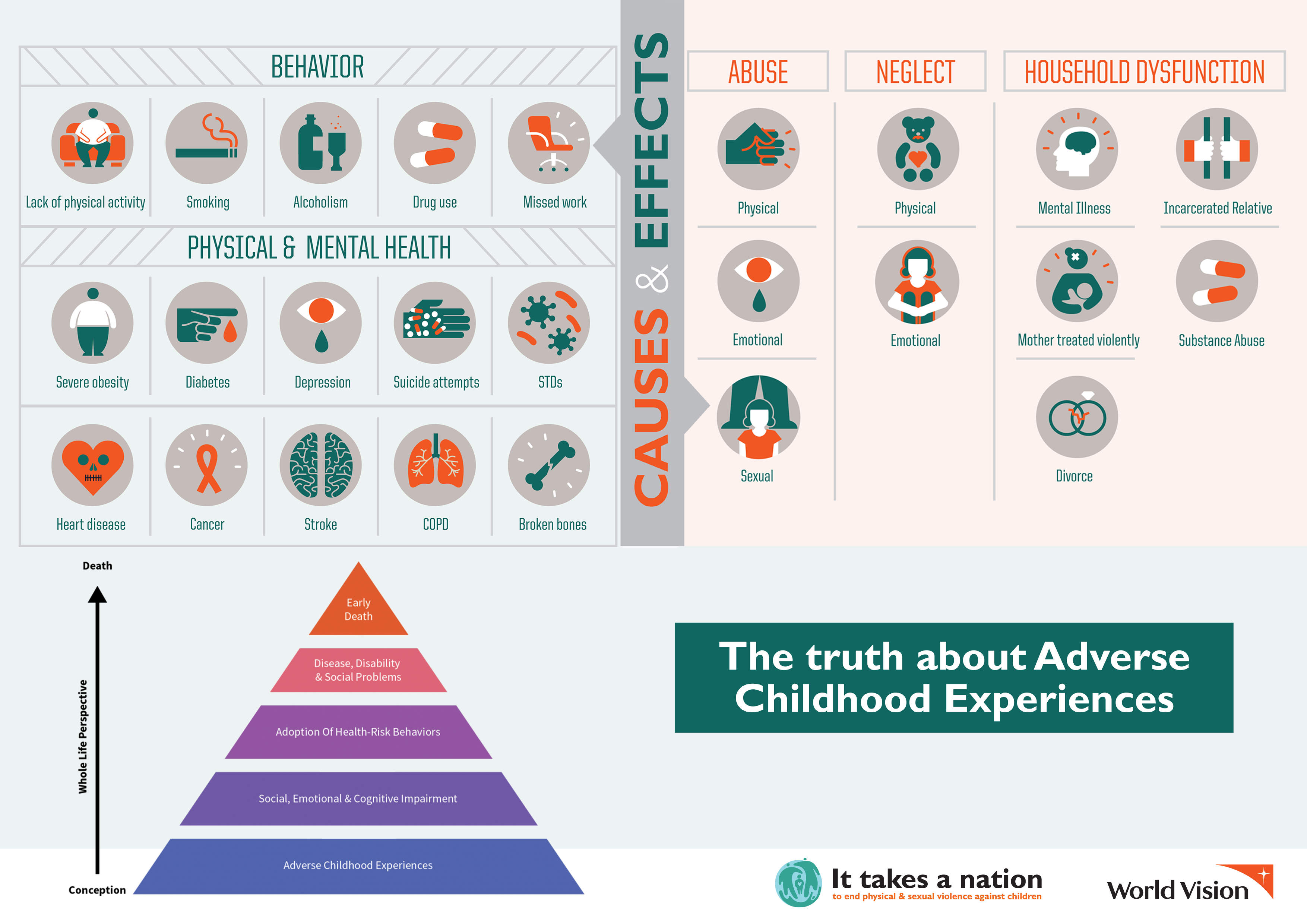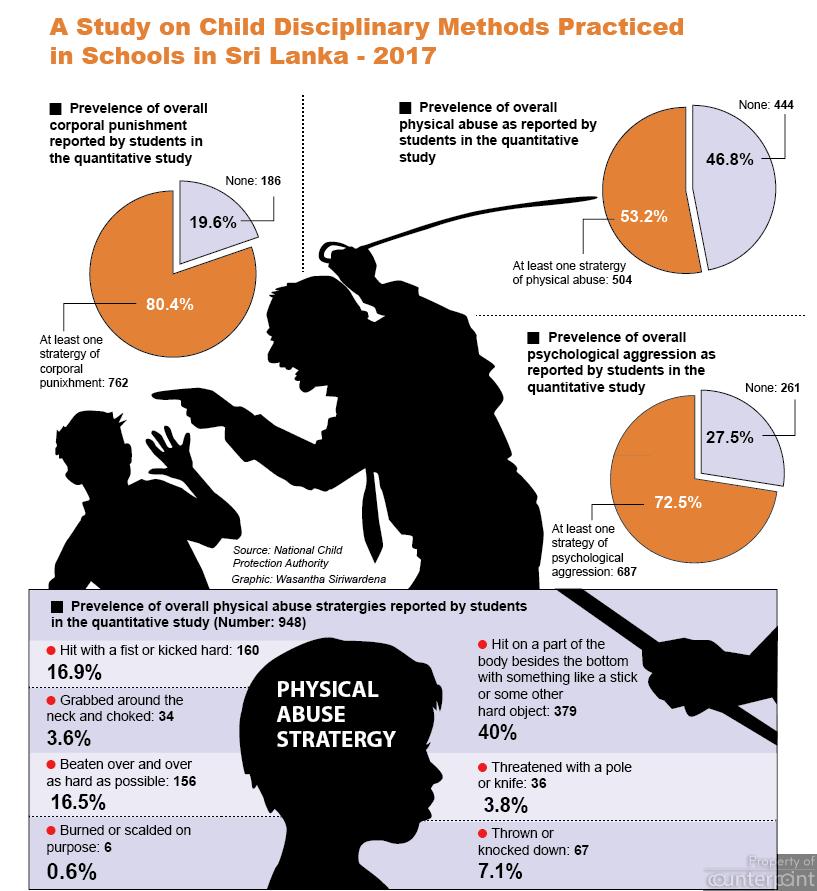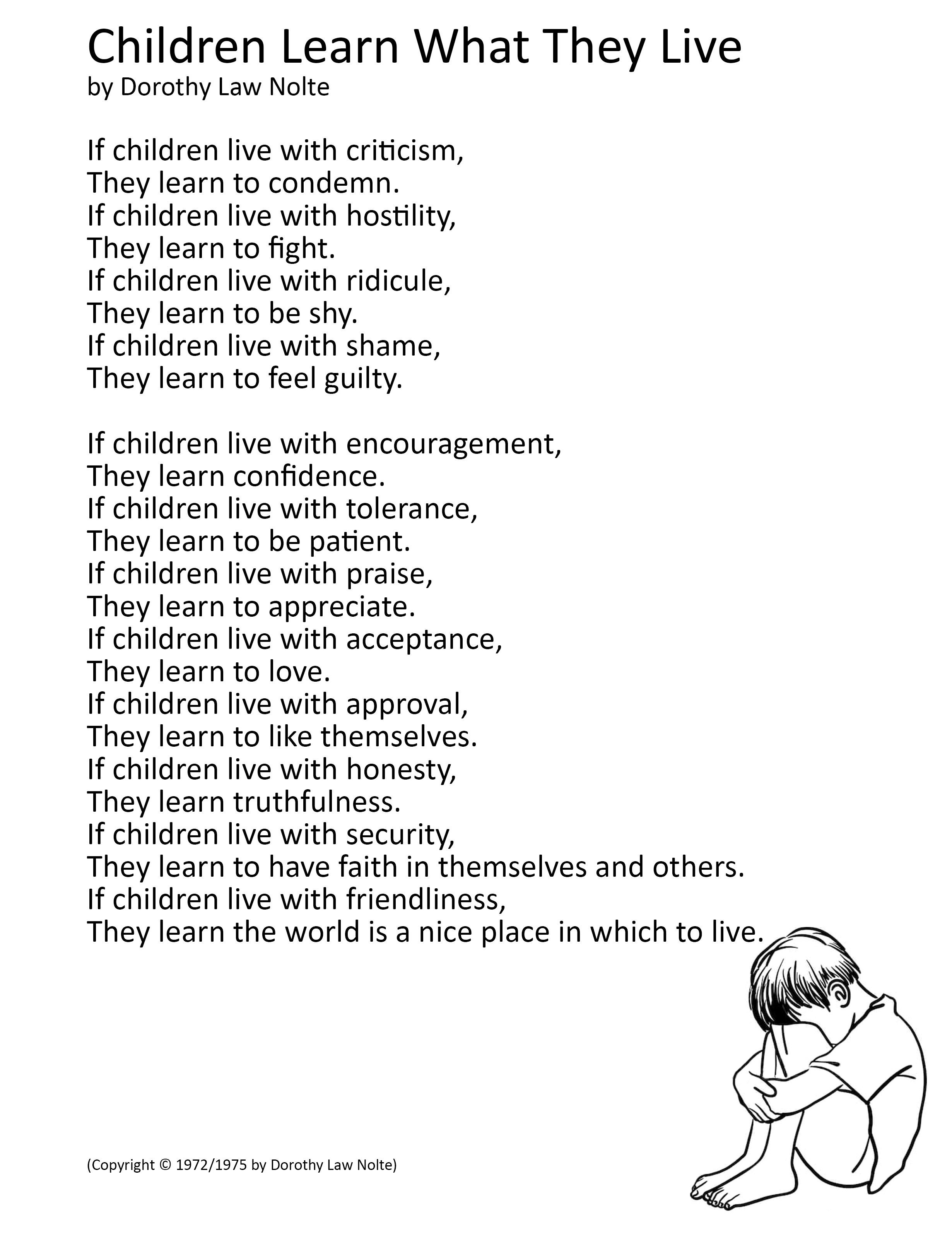WORLD VISION
Let’s promote “Love Over Punishment” says World Vision Lanka
World Vision Lanka hosted a media engagement event today (27) to discuss the effects of corporal punishment in schools.
A study conducted under the National Child Protection Authority, titled “A Study on Child Disciplinary Methods Practiced in Schools in Sri Lanka”, notes that at least 80.4% of students reported having experienced at least one episode of corporal punishment in a given school term. The results obtained through the study conclude that of all the four disciplinary methods used in schools in Sri Lanka (corporal punishment, physical abuse, and psychological aggression and positive disciplinary methods), corporal punishment was the most prevalent.
At present, a number of researches conducted world over suggest the adverse effects of corporal punishment. It brings about a cycle of violence, passed on to generations and damages the relationship between the teacher and student. According to the World Health Organization (WHO), Adverse Childhood Experiences (ACEs) such as abuse, neglect and household dysfunction leads to social, emotional and cognitive impairments. Other than escalating to physical abuse, corporal punishment has also been associated with depression, hostility and lowered academic performance. Moreover, psychological aggression has been associated with low self-esteem, self-doubt and a host of other negative consequences.
This has led to the ban on corporal punishment in schools and communities in a number of countries. Instead, teachers and caregivers are encouraged to use (positive) disciplining methods thus
In this backdrop, World Vision Lanka has introduce positive disciplinary approaches promoting socialisation of a child to be a happy and productive citizen of the society. This will not only reduce the adverse effects on children, but also enable a nurturing environment for both teachers and students to utilize their fullest potential.
As a child-focused organisation dedicated to making children’s lives better, World Vision Lanka, believes that (positive) disciplinary methods will make a friendly environment for children to grow in. Thereby, repeat this “cycle of love.”
Furthermore, the study by NCPA has also shown that information relating to corporal punishment is scarce. Therefore, World Vision Lanka understands the importance of resorting to a cohesive solution with the participation of journalists and media personalities in steering this conversation forward.
The Media engagement event was organized to raise awareness about the issue of corporal punishment and discuss possibilities that media organizations and journalists can collaborate in this regard.
- A child who experiences cruelty will approve of violence as an adult
- Speakers for the “Are schools child Friendly?” Media Engagement
- The Developmental Relationships Framework







